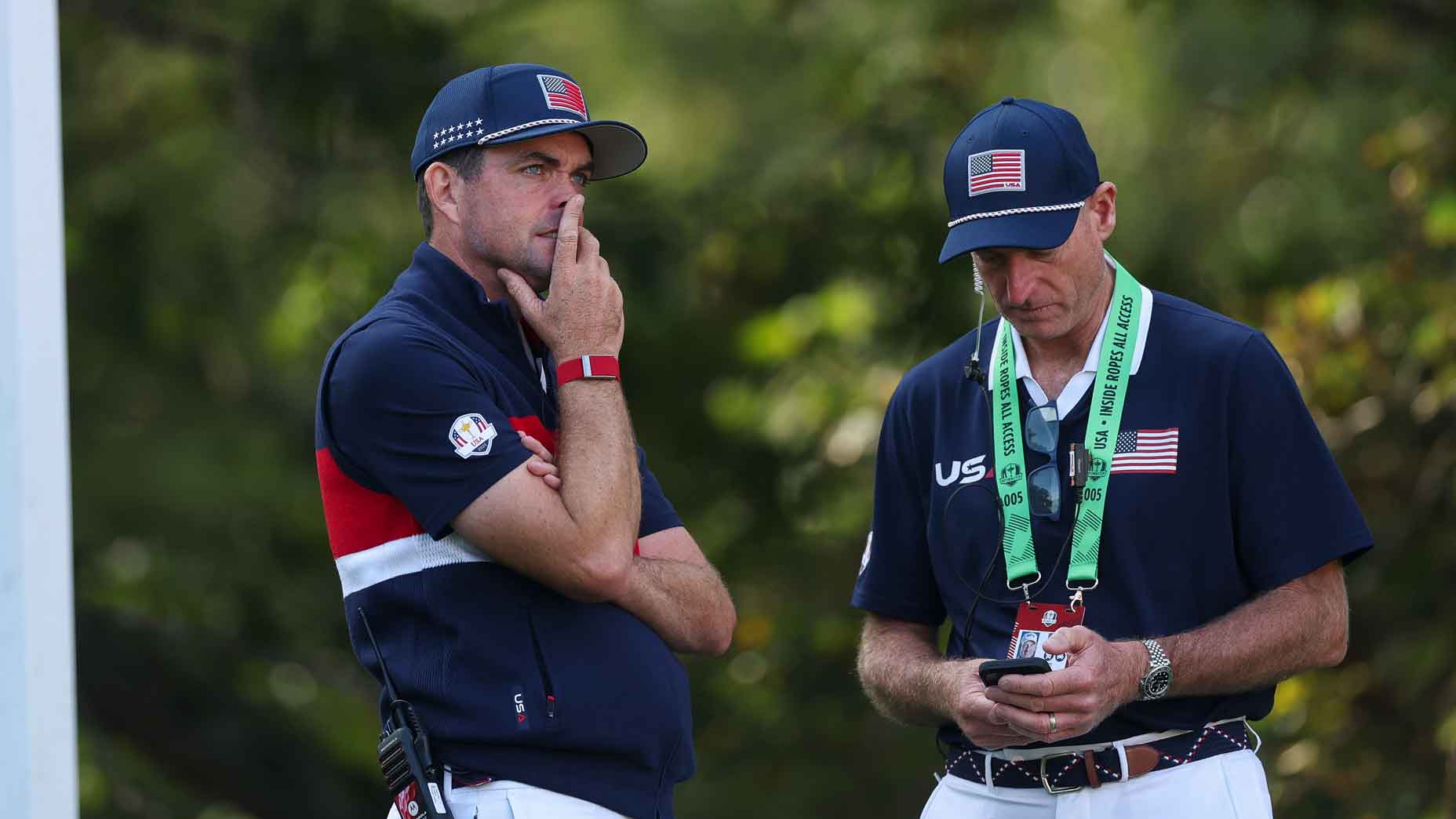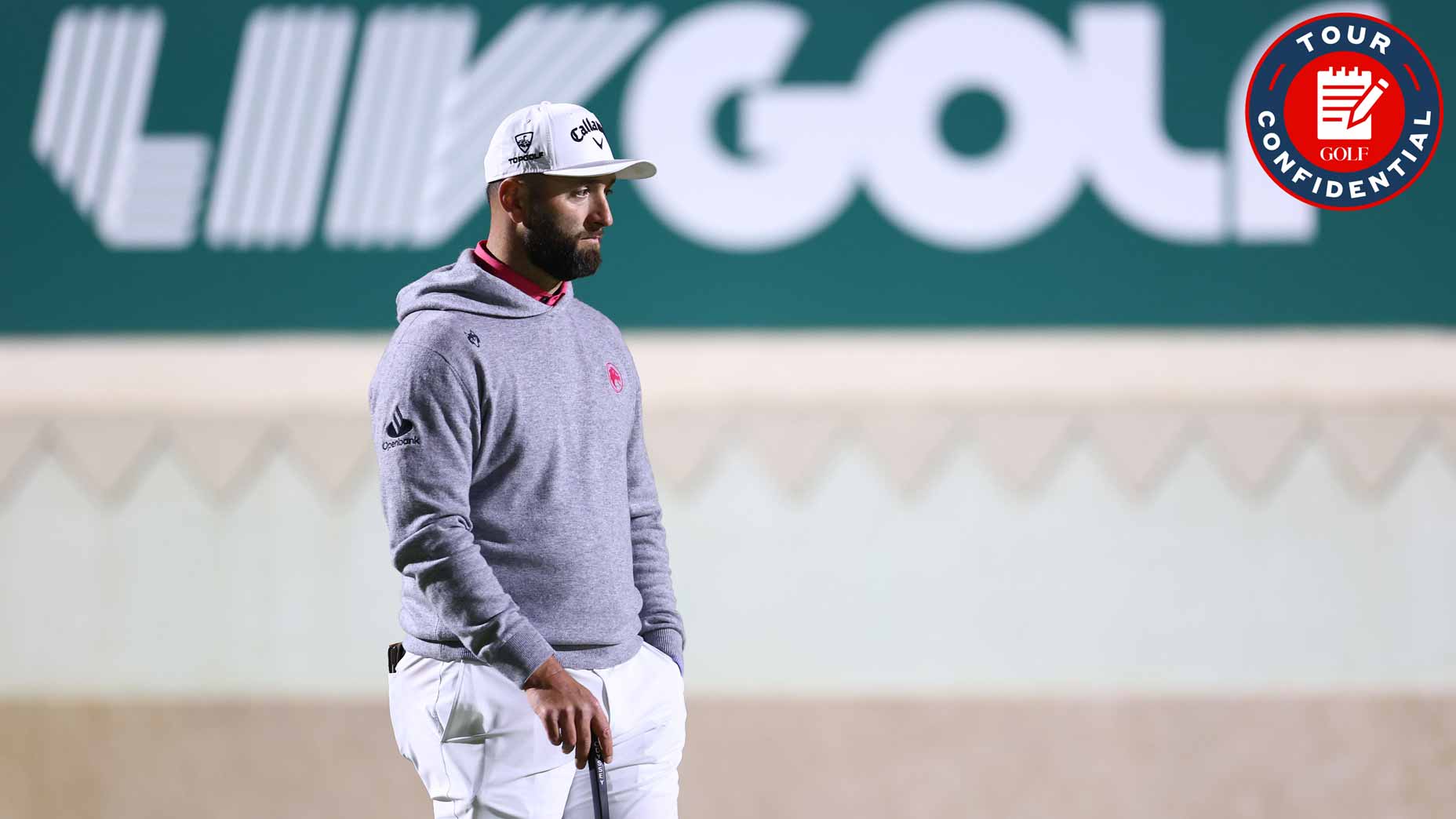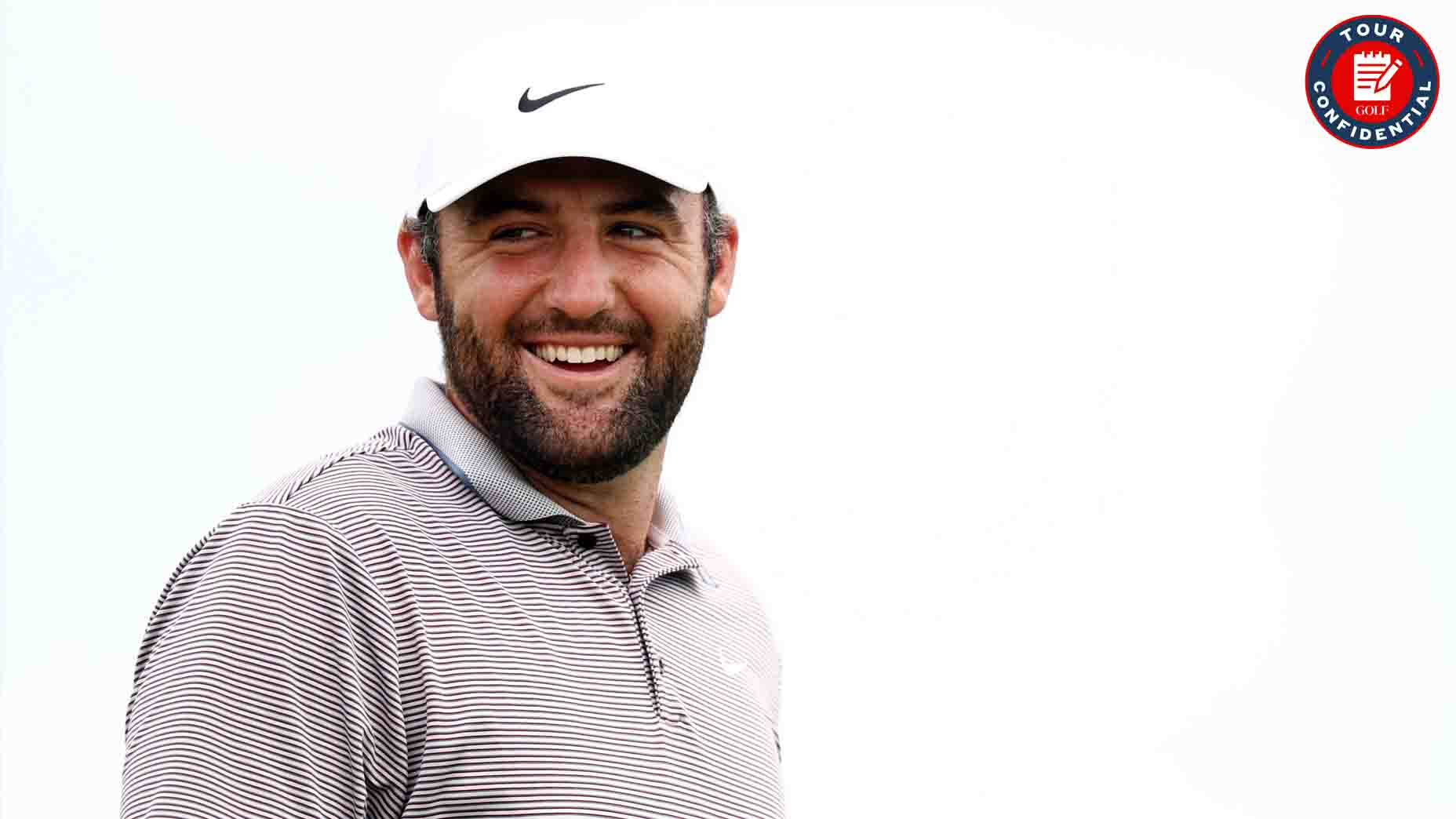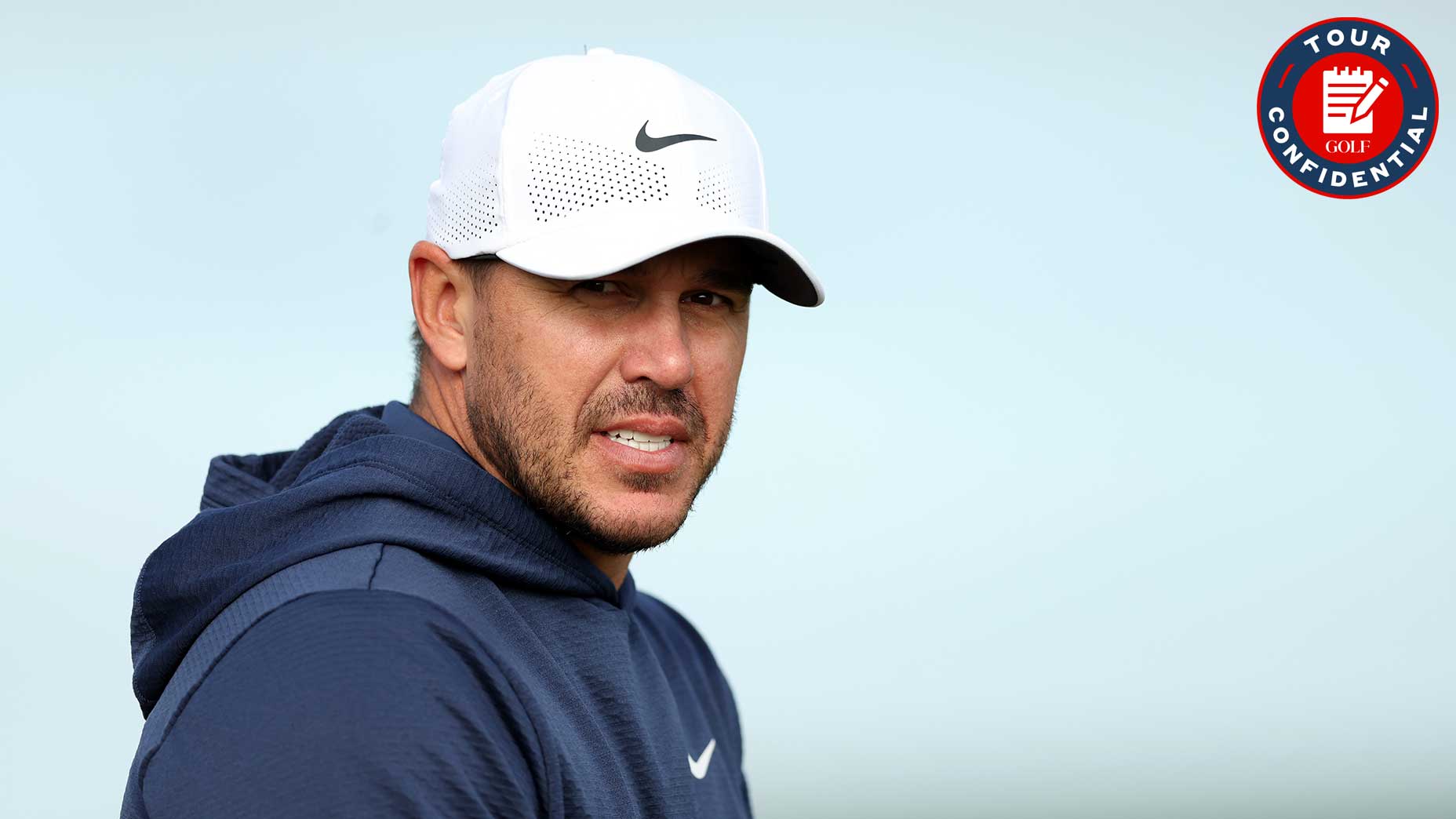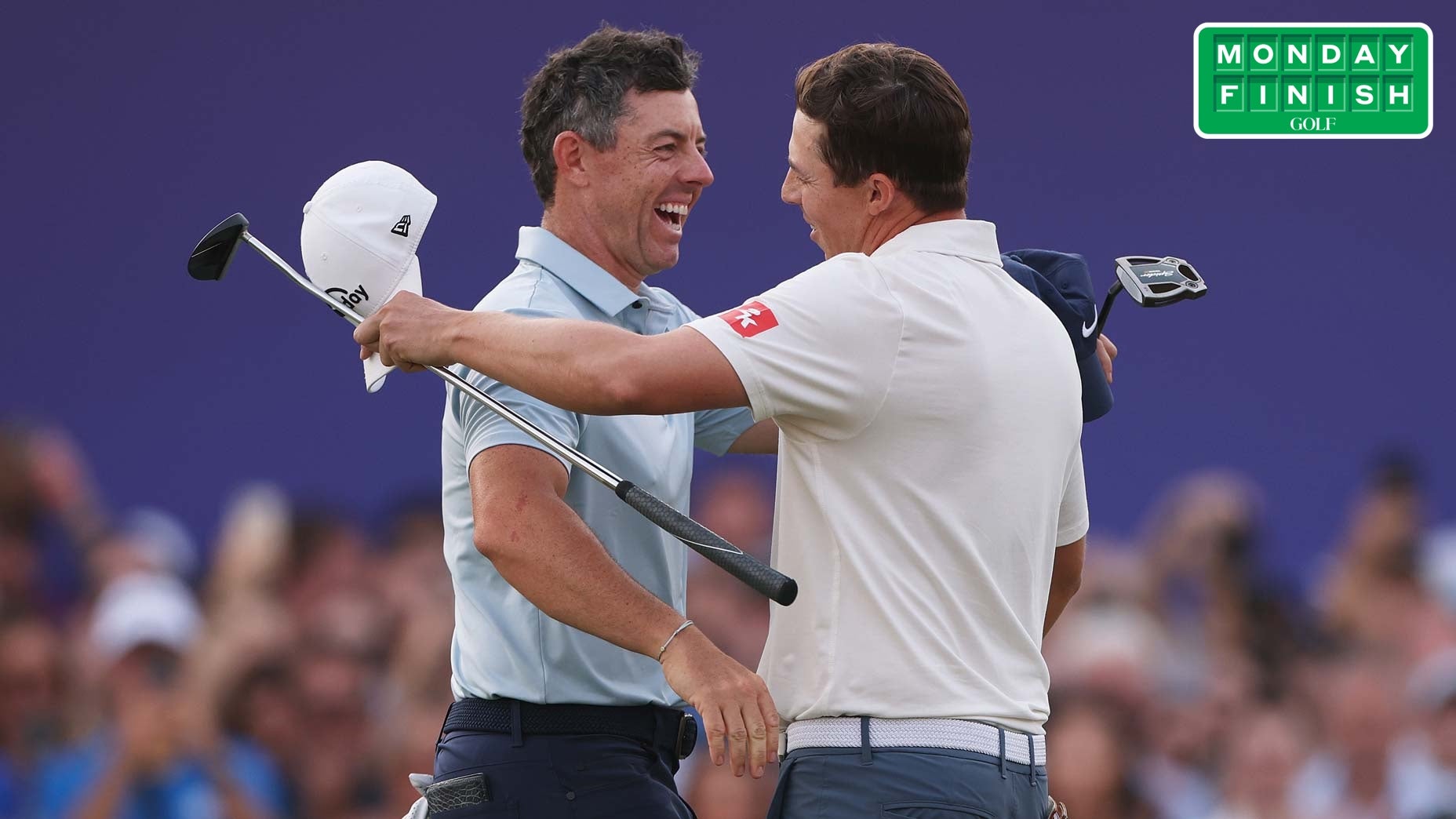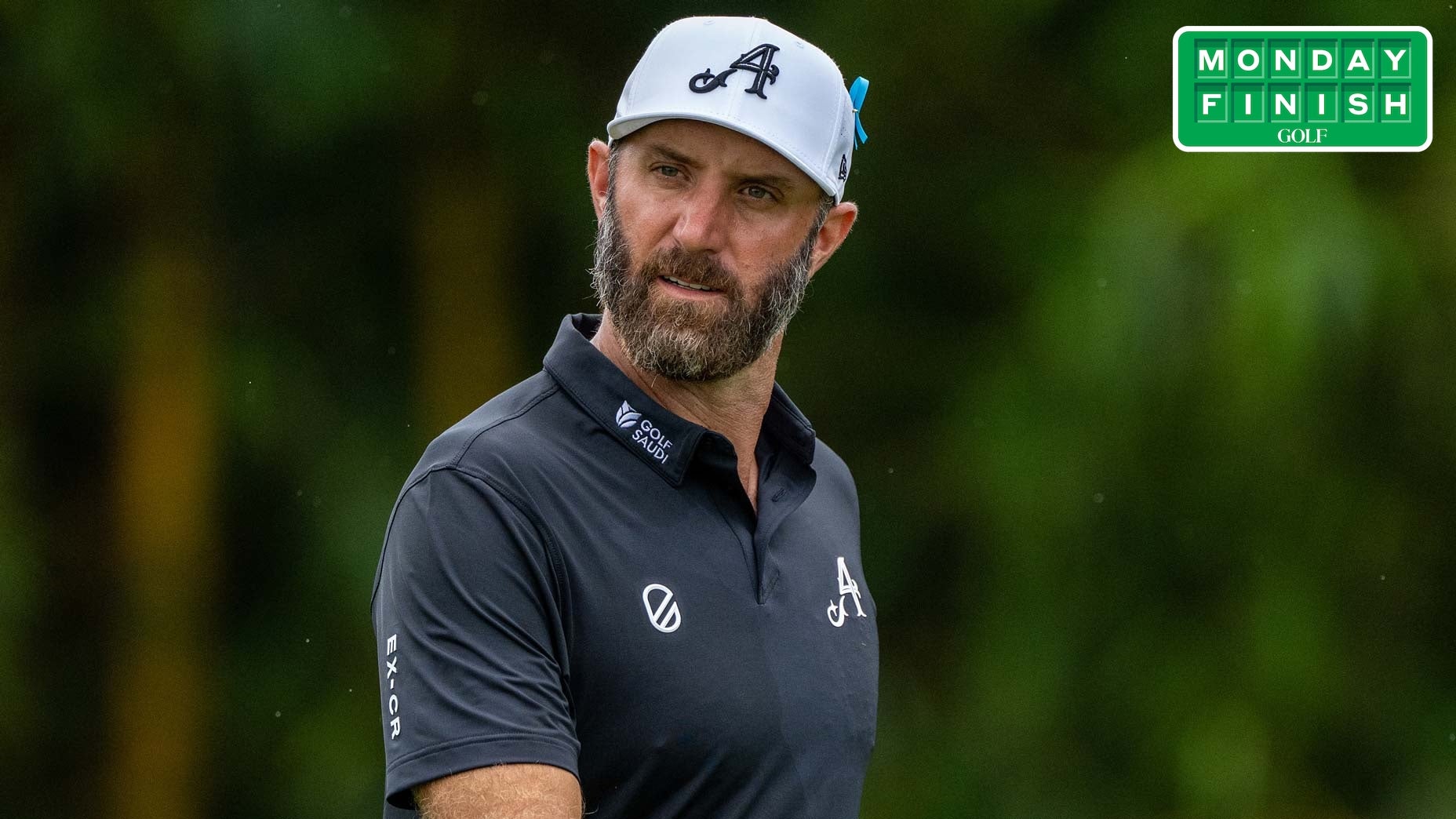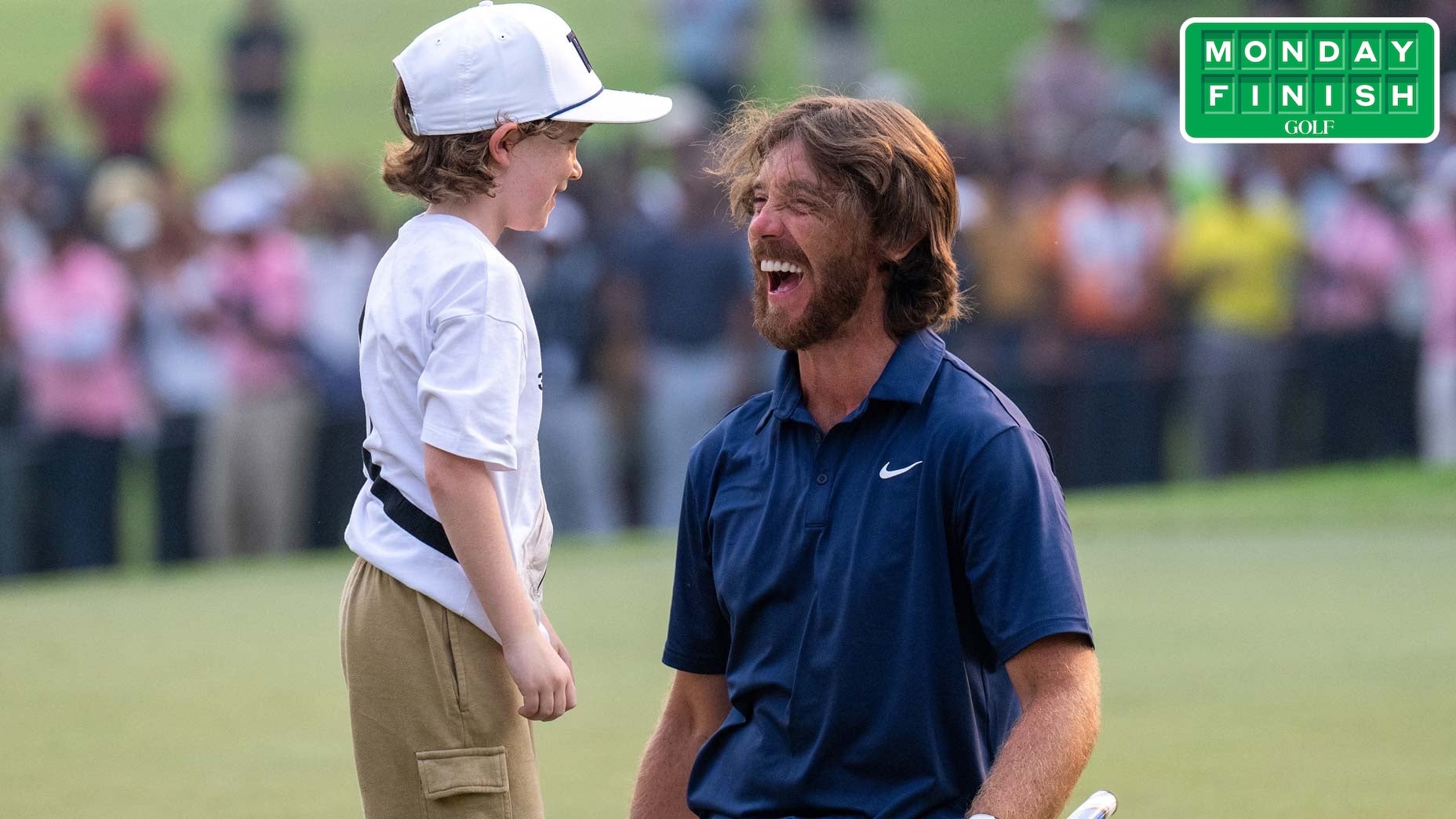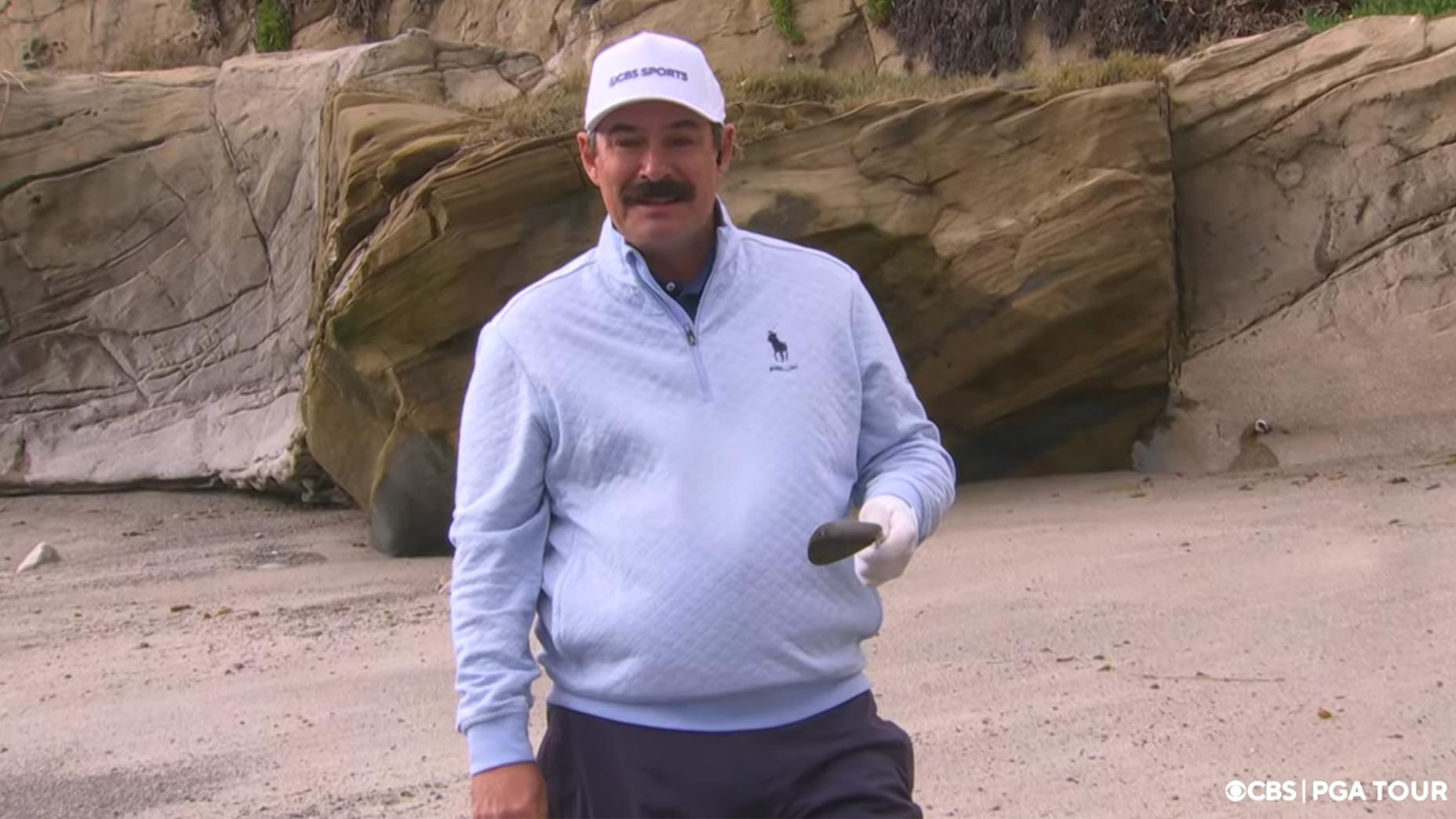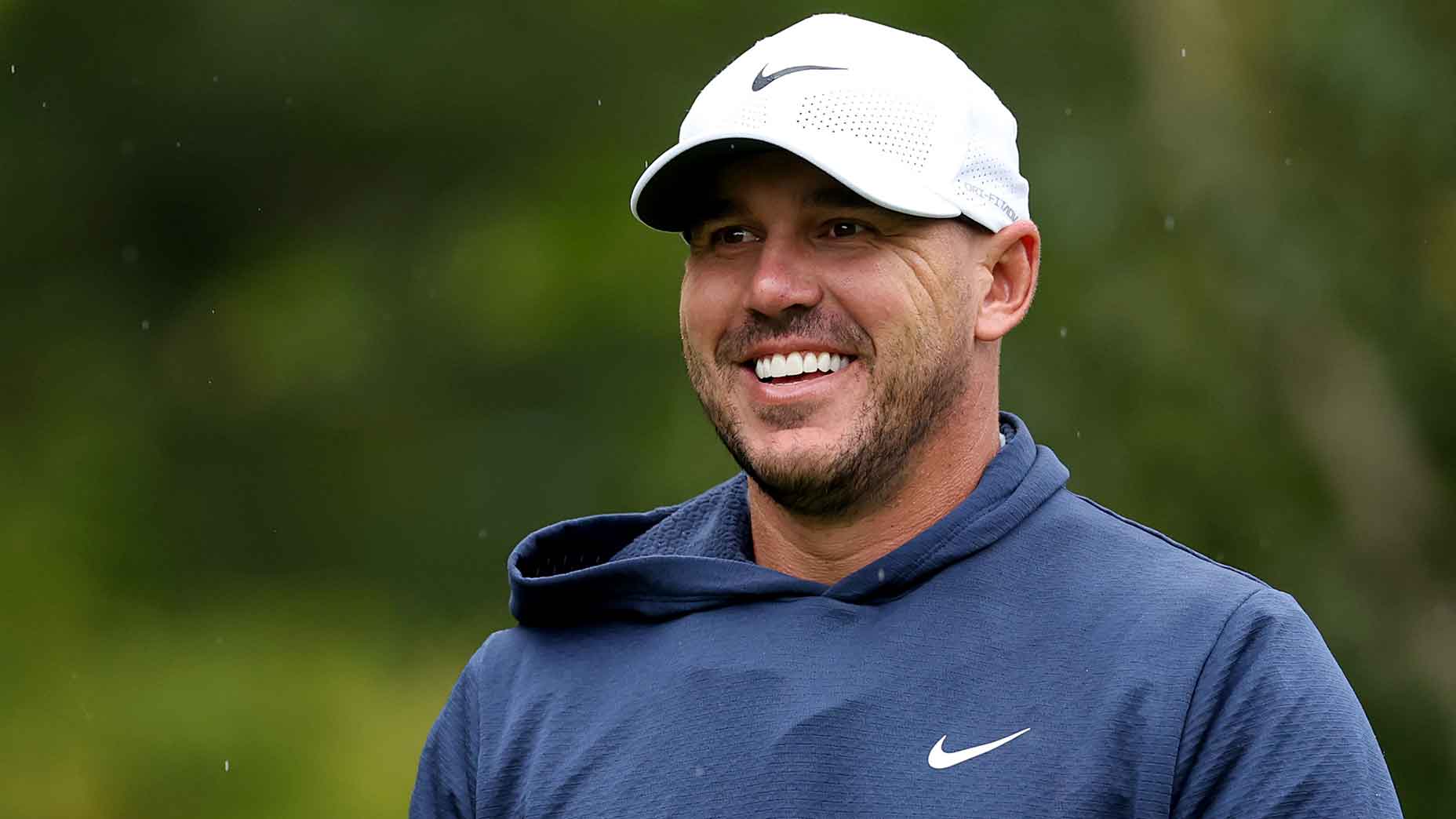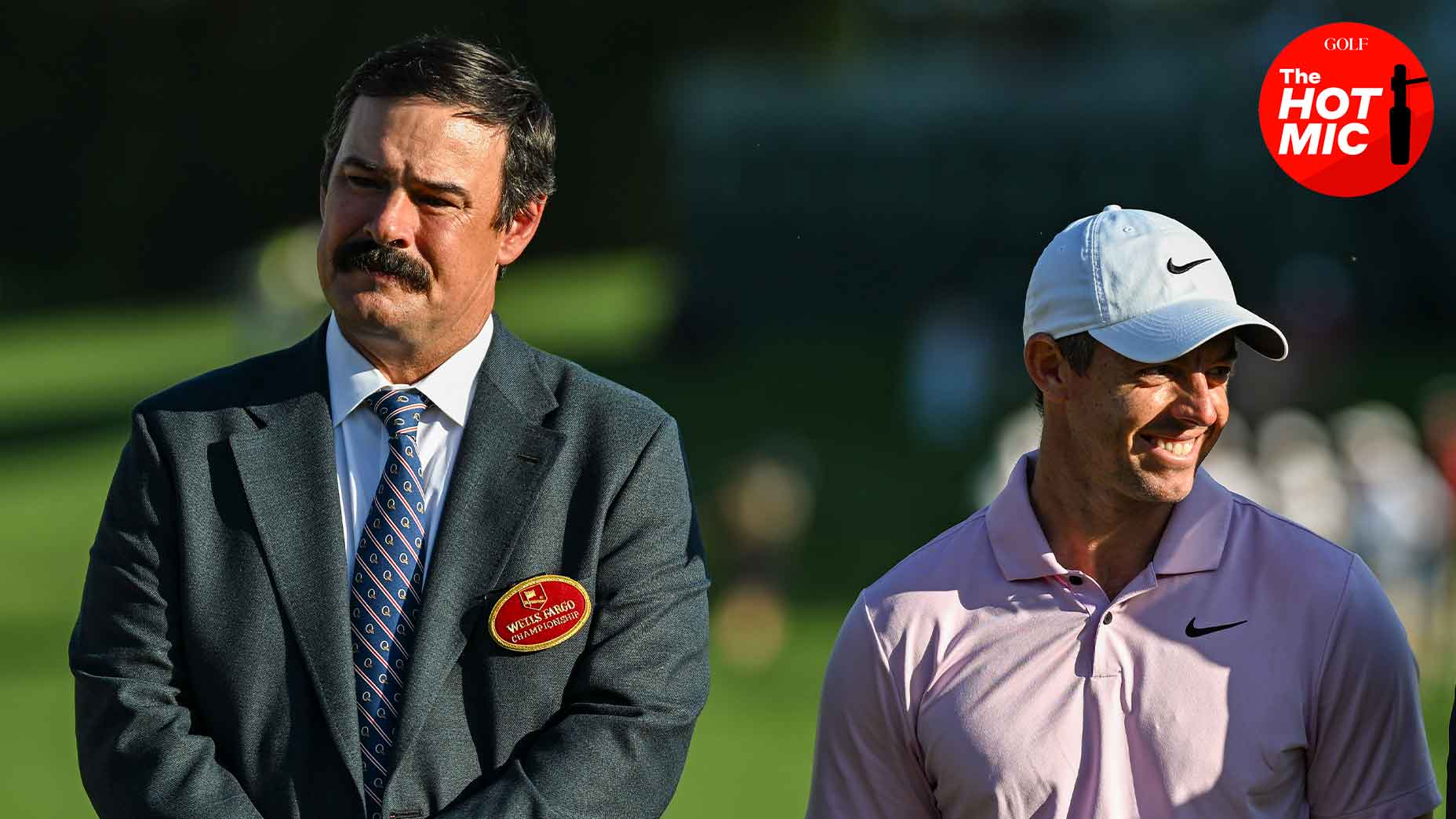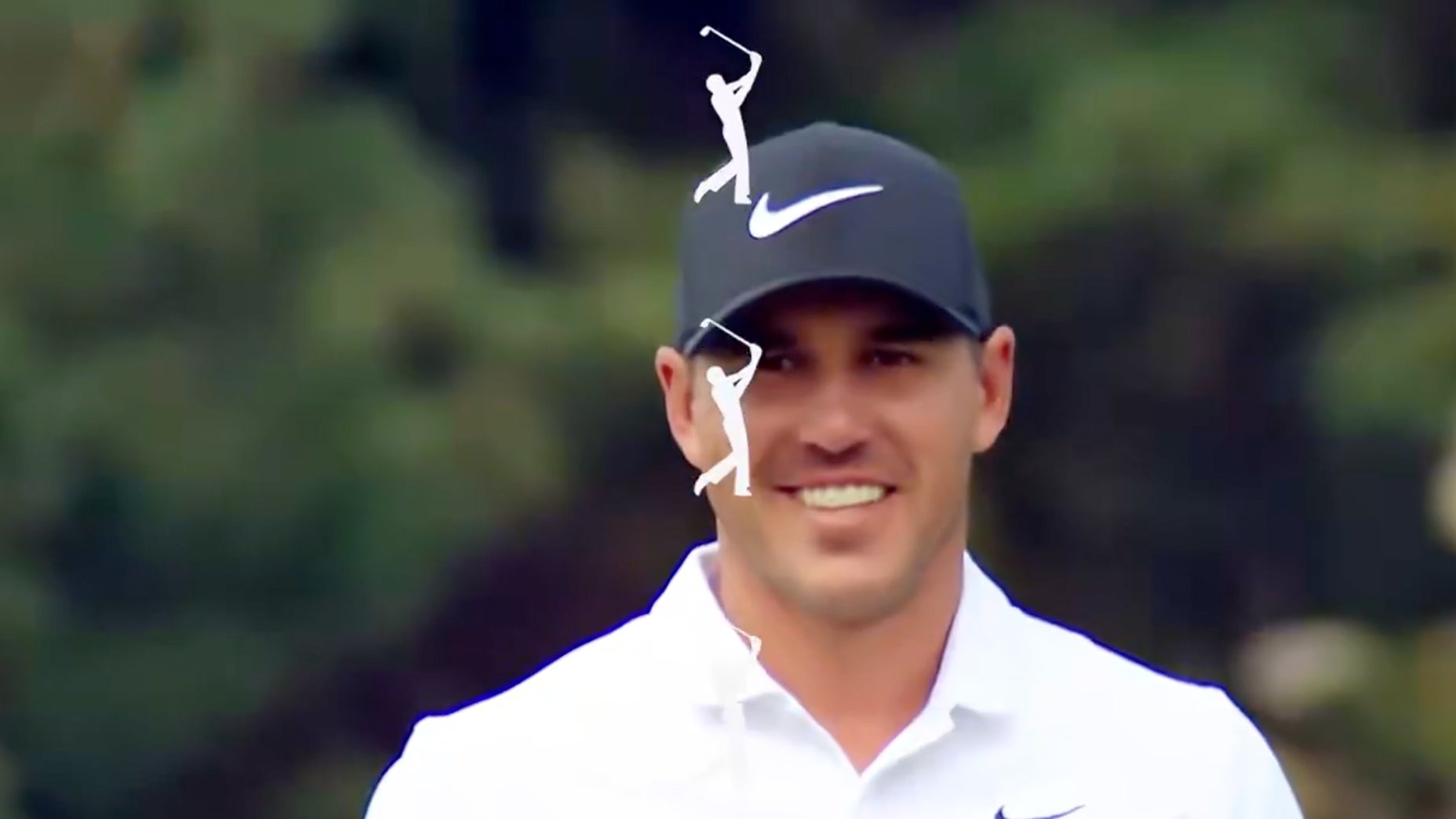News
Golf Channel hires surprise new lead analyst for PGA Tour coverage
Golf Channel added Jim Furyk to its broadcast desk for two upcoming events, signifying the longtime pro’s first stint in TV.Tour Confidential: Tiger’s Masters chances, West Coast Swing takeaways, Rahm’s decision
In this week’s Tour Confidential, GOLF.com’s writers and editors discuss Tiger’s chances of playing the Masters, Jon Rahm’s decision and more.Tour Confidential: Where does Anthony Kim’s win rank in recent golf history?
In this week’s Tour Confidential, GOLF.com’s writers discuss the importance of Anthony Kim’s remarkable win at LIV Adelaide and more.Tour Confidential: LIV gets OWGR points, Players major debate ramps up
In this week’s Tour Confidential, GOLF.com’s writers and editors discuss LIV’s nod from the OWGR, the Players “fifth major” debate and more.Tour Confidential: Takeaways from Brooks Koepka’s return, LPGA’s awkward start
In this week’s Tour Confidential, we discuss the success of Brooks Koepka’s return, the LPGA’s awkward start and Patrick Reed’s LIV exit.Tour Confidential: Scheffler enters Tiger territory, Reed’s secret free agency?
Scottie Scheffler entered rarefied air with a win at the American Express, and Patrick Reed revealed he hasn’t signed with LIV Golf.Tour Confidential: Koepka’s return, Rolapp’s leadership, LIV’s next move
Brooks Koepka is back on the PGA Tour. How will he perform? What does it mean for PGA Tour leadership? Or LIV Golf?Tour Confidential: 5 burning questions for 2026 PGA Tour season
GOLF’s writers preview the 2026 PGA Tour season by answering five burning questions in this week’s Tour Confidential.Welcome to the strangest week of the pro golf schedule
The PGA and DP World Tour seasons just ended. So why are Scottie Scheffler, Rory McIlroy and Viktor Hovland each playing different events?5 unexpected winners entering pro golf’s ‘offseason’ | Monday Finish
Anthony Kim had a first in 14 years, the World No. 1 snuck up on us, a LIV signing could create opportunity and more in the Monday Finish.Ex-LIV pros find new homes (plus 9 other stories!) | Monday Finish
This week had Rory. Fitz. A one-handed putter. A cross-handed chipper. A Lambo. Ex-LIV pros. New PGA Tour pros. Much more in the Monday Finish.10 surprising golf stories flying under the radar | Monday Finish
Sometimes little stories are a big deal. These 10 include Rory, Scottie, the Internet Invitational, an ex-LIV golfer, a brand-new event and more.LIV Golf faces 5 fascinating offseason questions | Monday Finish
LIV questions — plus the PGA Tour’s step-skipper, the righty putter who’s found lefty success and much more in the Monday Finish.Tommy Fleetwood just won Act 3 of this pro golf season | Monday Finish
Tommy Fleetwood turned his darkest hour into a springboard. He took over this chapter of the golf season. And he granted his son’s wish.First came a 4-putt. Next? A miraculous comeback | Monday Finish
Jeeno Thitikul’s bounceback, Rory McIlroy’s India trip, Jon Rahm’s unanswered question, retirement thoughts and more in the Monday Finish.Golf Channel hires surprise new lead analyst for PGA Tour coverage
Golf Channel added Jim Furyk to its broadcast desk for two upcoming events, signifying the longtime pro’s first stint in TV.5 noticeable changes on CBS Golf TV broadcasts in 2026
CBS Golf’s first stanza of PGA Tour coverage in 2026 is complete, and we got our first glimpse into the changes expected for the new year.5 reasons for golf’s colossal TV ratings jump to start 2026 season
Something’s in the water in the golf world in 2026, because ratings have been sky-high through the early portion of the season.CBS Golf’s newest voice has an unorthodox superpower
Johnson Wagner’s meteoric rise to becoming CBS Golf’s newest walking reporter followed an unorthodox approach to sports TV.ESPN to air PGA Tour for first time in 2 decades — here’s why
An agreement to air Brooks Koepka’s PGA Tour return live on ESPN tells us something interesting about the league’s larger strategy.The strange genius of a PGA Tour … commercial?
The PGA Tour released its marketing materials for 2026 this week, and the Tour’s self-promotion has earned an interesting dose of attention.5 golf media stories we’re paying attention to in 2026
The 2026 golf season is underway. Here are 5 stories we’re keeping our eyes on as the new year progresses.Latest in News

Join InsideGOLF today!
For only $39.99/year, you’ll get access to exclusive content and also a host of discounts and promotions, including…
- AD-FREE Experience on GOLF.com
- FREE Dozen Srixon Golf Balls
- $20 Instant Credit at Fairway Jockey
- One Year (8 issues) of Golf Magazine (+$79 Newsstand value) – U.S. members Only
- +600 Issue Golf Magazine Digital Archive (1959-Present)
- Bucket-List golf trips and experiences
- FREE True Spec Fitting with any club purchase
- $100 OFF qualified purchases at Miura and Fairway Jockey
- 50% OFF new Golf Logix App/membership
- Plus so much more!
